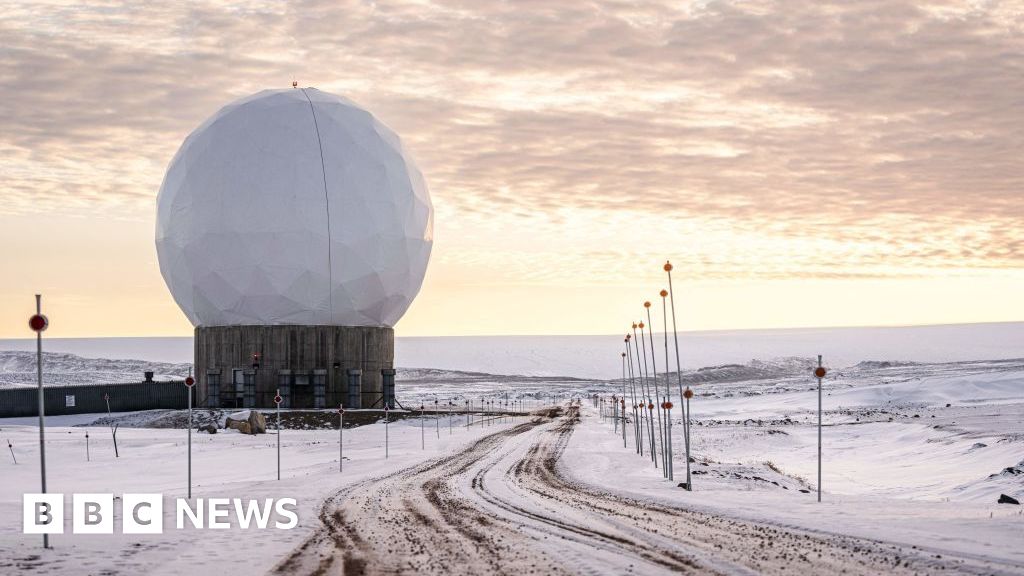Bussiness
Japan’s Nikkei plunges as Asian and European stocks tumble amid US recession fears

Japan’s benchmark stock index suffered its biggest fall for nearly four decades and the FTSE 100 dropped heavily amid a global stock market rout triggered by weak US jobs data that prompted fears of a recession in the world’s biggest economy.
The Nikkei 225 index in Tokyo fell by 12% on Monday, the biggest single-day fall since the Black Monday crash of 1987, while South Korea’s Kospi fell by 9%. Share indices in Australia, Hong Kong and China also dropped heavily.
London’s FTSE 100 fell by 2% on opening to its lowest level since April.
Investors are concerned that the Federal Reserve may have left it too late to try to support the US economy. A US recession would hurt economies around the world.
The sell-off followed a hefty day of losses on Wall Street on Friday, when heavyweight tech firms including Amazon and Microsoft bore the brunt amid worries that an AI-fuelled rally this year may have been overdone.
A much-anticipated report on Friday showed the US economy added just 114,000 jobs last month, well down from June and far fewer than expected, while the jobless rate rose to the highest level since October 2021. Weak factory data last week also added to concerns of a recession.
Investment bank Goldman Sachs said the chances of a US recession had risen from 15% to 25%, in a note to clients first reported by Bloomberg News. However, its economists, led by Jan Hatzius, said that “we continue to see recession risk as limited” because there are no major financial imbalances.
Jim Reid, global head of macro research at Deutsche Bank, said there had been “astonishing moves” in share prices, and “markets are melting down in Asia”.
“Markets were on edge before Friday but a weak payrolls has really escalated a profound move across the globe,” he said. However, he added that the US jobs numbers may have been affected by Hurricane Beryl, and that the dramatic market moves could have been exacerbated by volatility in August, with many investors on holiday.
“It’s like the market has added up 2+2 and made 9,” he said.
In Tokyo, the Nikkei 225 has fallen heavily for three consecutive trading sessions, and it is now down by a quarter from its record high just a month ago. It came after the Bank of Japan last week signalled the end of more than a decade of monetary stimulus.
However, the decision to raise borrowing costs for Japanese companies appears to have come at an unfortunate time for Tokyo’s stock market. Japan’s government spokesperson Yoshimasa Hayashi said it “will continue to stay on its toes and monitor market developments with keen interest”.
He said: “We’re aware there are various evaluations regarding the stocks plunge this time around, and about the status of the Japanese economy, but the government will continue its efforts to completely break free of deflation and to transition to a growth-driven economy.”
Some of the biggest losers were tech firms, with chip titan TSMC losing 10% in Taipei, while in Seoul Samsung, the world’s biggest manufacturer of phones and televisions as well as chips, and chipmaker SK Hynix both fell by 10%.
In the UK, nearly all the 100 companies on the FTSE 100 index fell as the market opened, with just five higher in early trading.
Bitcoin also slumped by 16% as traders ditched the cryptocurrency, which is often seen as a speculative asset that has been boosted by low interest rates.
The US central bank had signalled after its latest meeting on Wednesday that slowing inflation and a softening labour market meant it could cut next month, with traders predicting two or three 25-basis-point reductions before January.
Now there is speculation it will lower rates a full percentage-point in that time.










